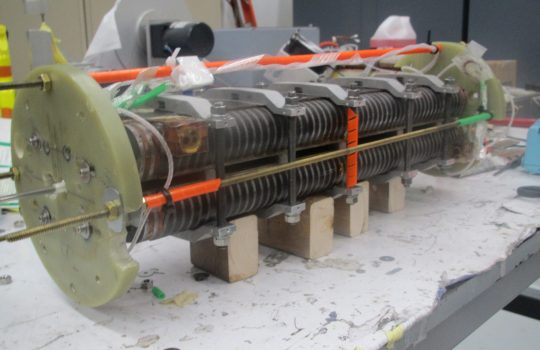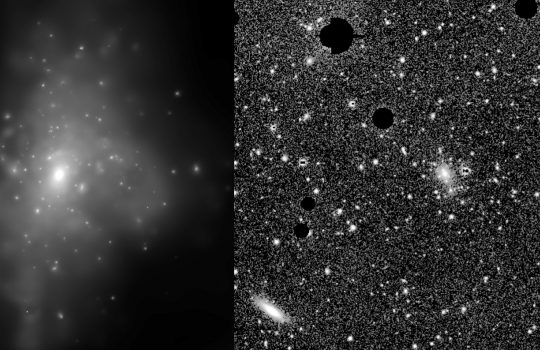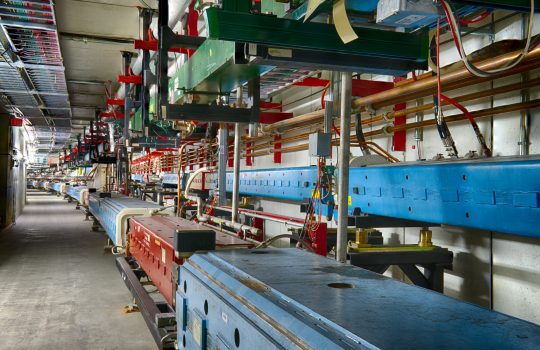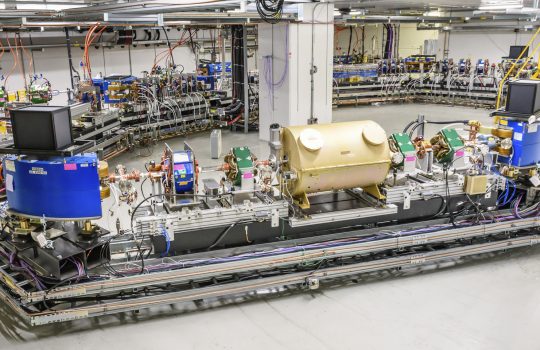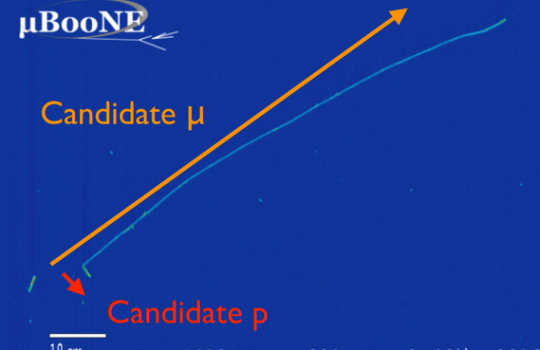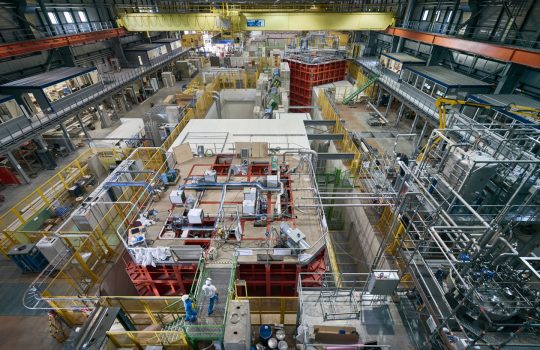One minute with Maxine Hronek, DUNE collaboration coordinator
A veteran administrator with a love of flowers and true crime, Maxine Hronek draws on three decades of Fermilab experience to keep the international Deep Underground Neutrino Experiment running smoothly behind the scenes — and remind people that science takes the efforts of a whole community of dedicated individuals.


